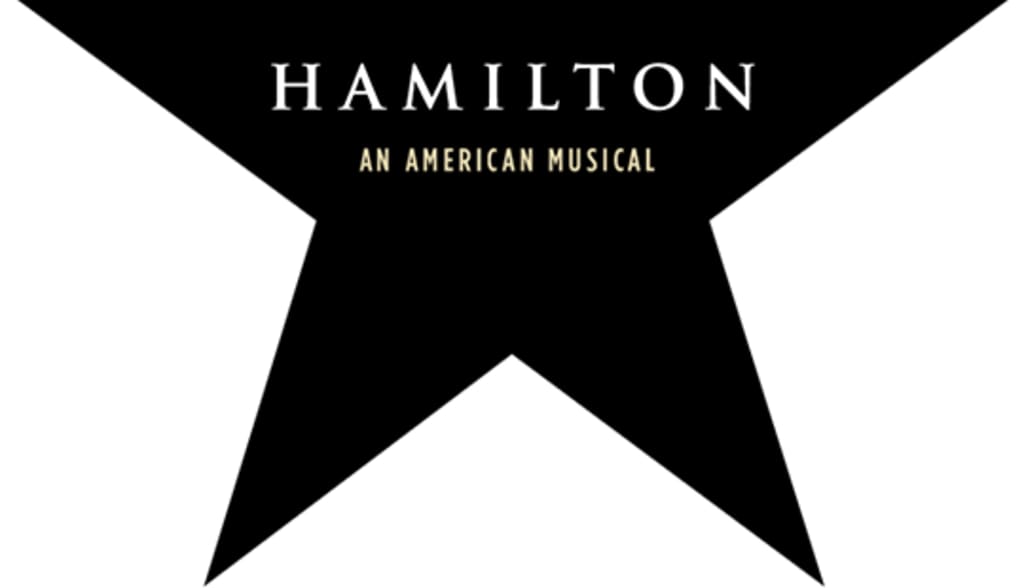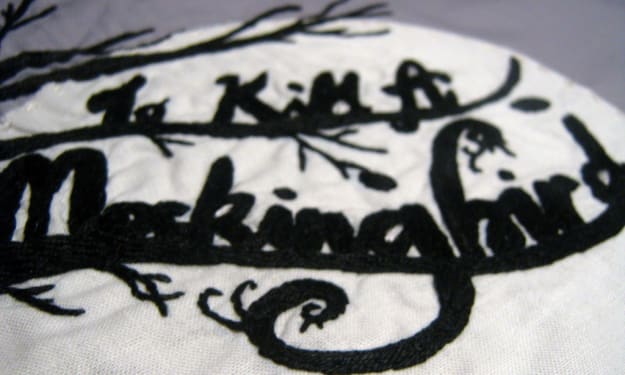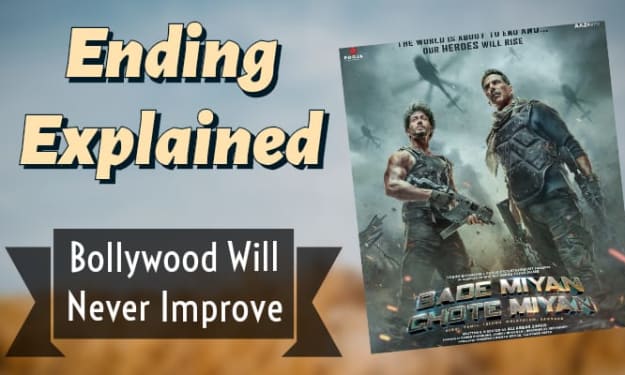Indentured: Trapped In Chains
Hamilton, Slavery, and Freedom

Throughout history, there has always been a "master" and "slave." This is present in all walks of life, for example, the Russian boyars and serfs, the French bourgeoisie and the proletariat, and the American plantation owners and their African slaves. Comparably, the American colonists could be considered slaves to the British Monarchy, their master. In the musical Hamilton, Miranda’s choice of actors, with the Founding Fathers as people of color and King George as white, brings to light the struggle the colonists faced against Britain, the fight to establish their rights, and the uphill battle toward independence.
The American colonists were taken advantage of by Britain. The British Monarchy used the colonies as a source of income and nothing more. King George describes them as “submissive subjects,” but they could be considered slaves (Miranda, “You’ll Be Back”). After the French and Indian war, Britain was strapped for cash. To sustain soldiers stationed in America, the Quartering Act was put in place along with the other Intolerable Acts (“Intolerable”). Colonists had to house and feed the soldiers. The Monarchy made the decision to tax products sent to America by establishing the Townshend Acts (Goldberg). The British government also controlled with whom America traded and bought goods. One of the most notable taxes imposed by the British government was the tax on imported tea. James Otis believed that there should be “no taxation without representation” (“No...”). The colonists were not equally represented in Parliament. Many thought this to be unjust. Hamilton asks, “Why should a tiny island across the sea regulate the price of tea” (Miranda, “Farmer Refuted”)? African slaves were also used and abused for money. They were beaten and whipped by southern plantation owners, who controlled them, and depleting them of human rights would allow the masters, themselves, to benefit from forced labor.
Every slave’s fight for rights was a formidable task. The colonists had to fight the Revolutionary War with Britain to earn their own rights. Many lives were taken by their cause. Laurens states, “A thousand soldiers die in a hundred degree heat” (Miranda, “Stay Alive”). Slaves endured many hardships in the name of the mission of equality. Some would try to stand up for their freedom and rights; sadly, many were beaten and/or killed by their masters (“Black”). Many men, of every color, gave up their lives in the Revolutionary War and the struggle for freedom. Washington said, “We’re gonna fly a lot of flags half-mast” in honor of all the soldiers that had died (Miranda, “Stay Alive”). The Revolutionary forces were filled with not only British colonists and immigrants, but also many African slaves (Dobyns). Laurens speaks of fighting “...on a stallion with the first black battalion” (Miranda, “My Shot”). The Blacks were fighting for the freedom of the colonial slaves. They were not fighting for their own freedom until the Civil War, almost one hundred years later. The Founding Fathers oppressed slaves, yet they themselves were "slaves" to King George. Their entire reason to revolt against England did not relate in their minds to the oppression forced on the slaves, yet it was dramatically similar to their own discrimination. The inability to see that they were doling out the same punishment as they received demonstrates the irony and hypocrisy of their battle. Hamilton statements give the impression that he overlooks the evils of indentured servitude, and yet he battles against his own. “We all know who’s really doing the planting,” implies his complacency with the plight of the slaves, and that conflicts with his viewpoint “...Britain keeps shittin’ on us endlessly...He ain’t ever gonna set his descendants free (Miranda, “Cabinet Battle 1”, “My Shot”). America’s patriarchs exonerated themselves from wrongdoing to help themselves by not addressing the abolition of slavery while writing the Declaration of Independence (Laccarino). At the same time, these men, who were writing history from their own points of view, were fighting for their own independence from the same master-slave situation.
Independence is not a perfect system. It takes time and many revisions to achieve all of one’s rights. The early American government experienced incessant trial and error. The original constitution was “a mess...[and] full of contradictions” according to Burr (Miranda, “Non Stop”). It was far from perfect, but was it was a place to start. African Americans also had problems establishing their rights. They were put down by white Americans at every turn. For example, white Americans, most commonly in the Southern and Border States, enacted the Jim Crow laws to attempt to take away the rights of African Americans (Pilgrim). America’s fight for independence is synonymous with the struggle that non-white cultures had to battle during the bumpy birth of our country. John Laurens mentions the struggle, “...we’ll never be truly free until those in bondage have the same rights as you and me” (Miranda, “My Shot”). American colonies had to fight long and hard for the independence we have today, and complete and non-discriminatory rights for multicultural people in our country is still a work in progress as one sees in the play.
There has always been and always will be a master and a slave, almost like a cruel, unfair, and inescapable social order. In Hamilton, Miranda’s multicultural cast represents the colonial slaves oppressed by their white, slave master King George and their fight to break away from British rule, establish their rights, and achieve American independence. The Founding Fathers wanted to further themselves and the country, so they turned a blind eye to racial indignation unless it furthered their political standing. The script does not mention the significance of these roles being played by people of color, just like history is not written to give credit for all of the sacrifices made by people of all cultures and backgrounds that led to the creation of our democracy.
References
"Black Peoples of America - Slave Punishments." From Ancient Times to the 20th Century. HistoryOnTheNet, n.d. Web. 25 Apr. 2016.
Dobyns, Lloyd. "Fighting... Maybe for Freedom, but Probably Not." The Colonial Williamsburg Foundation, 2010. Web. 25 Apr. 2016.
Goldberg, Jasper. "American Colonials Struggle against the British Empire, 1765 - 1775." Global Nonviolent Action Database. Swarthmore College, 2010. Web. 25 Apr. 2016.
"Intolerable Acts." Siteseen Ltd, n.d. Web. 25 Apr. 2016. <http://www. landofthebrave.info/intolerable-acts.htm>
Laccarino, Anthony. "The Founding Fathers and Slavery." Encyclopedia Britannica. Encyclopædia Britannica, Inc., n.d. Web. 27 Apr. 2016.
Miranda, Lin-Manuel. Hamilton (Original Broadway Cast Recording). Atlantic Recording Corporation, 2015. MP3.
"No Taxation without Representation." United States History. U-s- history.com, n.d. Web. 25 Apr. 2016. < http://www.u-s history.com/pages/h640.html>
Pilgrim, David, Dr. “What Was Jim Crow." Jim Crow Museum: Origins of Jim Crow. Jim Crow Museum, Sept. 2000. Web. 27 Apr. 2016.
About the Creator
Almárëa Laurësil
I'm an aspiring writer, artist, and musician.






Comments
There are no comments for this story
Be the first to respond and start the conversation.